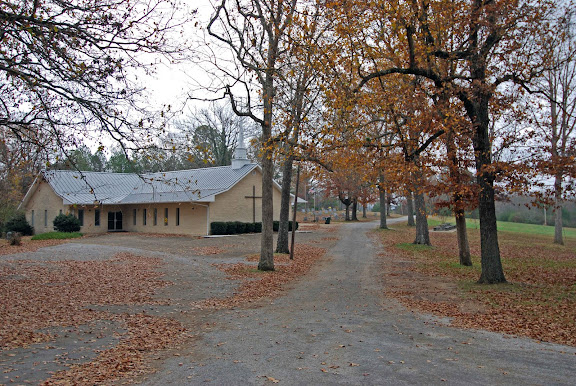THe Countrey Parson is generally sad, because hee knows nothing but the Crosse of Christ, his minde being defixed on it with those nailes wherewith his Master was: or if he have any leisure to look off from thence, he meets continually with two most sad spectacles. Sin, and Misery; God dishonoured every day, and man afflicted. Neverthelesse, he somtimes refresheth himselfe, as knowing that nature will not bear everlasting droopings, and that pleasantnesse of disposition is a great key to do good; not onely because all men shun the company of perpetuall severity, but also for that when they are in company, instructions seasoned with pleasantnesse, both enter sooner, and roote deeper. Wherefore he condescends to humane frailties both in himseife and others; and intermingles some mirth in his discourses occasionally, according to the pulse of the hearer.

In all the serious work of ministry, Herbert reminds us that a continually somber character is a drawback. Dealing with sin and pain, sickness and death there are times we can be tempted to melancholy, but there is a hope and joy we proclaim that must shine through in all that we do.
Although not directly related (Herbert is discussing how we express ‘mirth’ with others in what we do.), C. H. Spurgeon had a good essay on why ministers can be prone to depression and how they should deal with their ‘Fainting Fits’. Read it here.
(Image: Allsboro Cumberland Presbyterian Church by John Hayes)